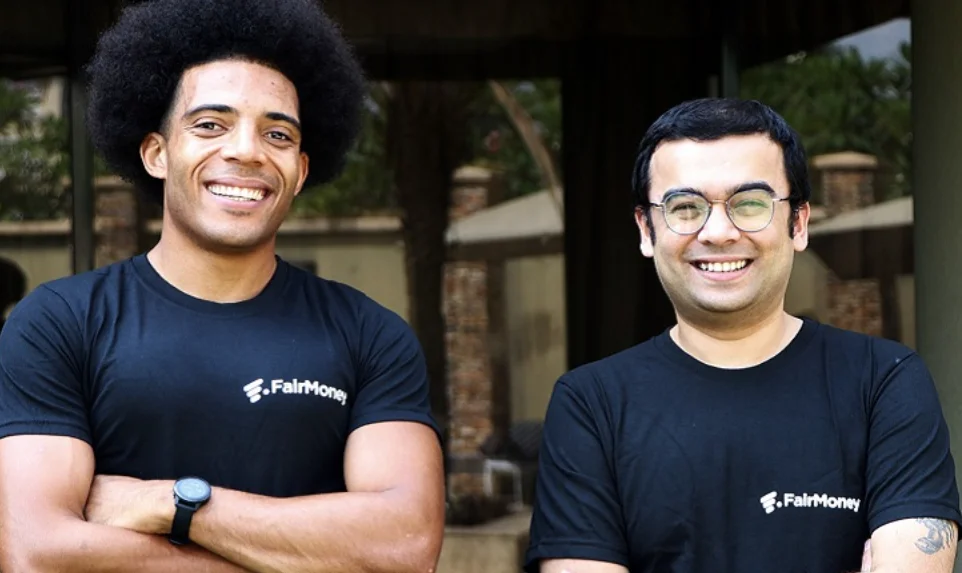EU Slaps Delivery Hero and Glovo with €329 Million Fine Over Online Food Delivery Cartel
The European Commission has imposed a €329 million fine on food delivery giants Delivery Hero and Glovo for engaging in cartel behaviour in the online food delivery sector across the European Economic Area (EEA).
The Commission revealed that the companies conspired for four years by agreeing not to poach each other’s employees, exchanging commercially sensitive information, and dividing up geographic markets, effectively eliminating competition.
What the European Commission Said
According to the Commission’s statement released on Monday, both Delivery Hero SE and Glovoapp23 SA admitted their involvement in the cartel and agreed to settle the case.
“Cartels like this reduce choice for consumers and business partners, reduce opportunities for employees, and reduce incentives to compete and innovate,” the Commission said.
The infringement reportedly lasted from July 2018 to July 2022, affecting the entire EU.
Details of the Cartel Activities
The Commission identified several anti-competitive practices:
- No-Poach Agreement: Following Delivery Hero’s acquisition of a minority stake in Glovo in 2018, the companies agreed not to hire each other’s employees. This informal pact soon expanded to cover a broader employee no-poach deal.
- Exchange of Sensitive Information: Both firms shared critical business data, such as pricing strategies, costs, and capacity—enabling them to align their conduct in the market.
- Geographic Market Allocation: Delivery Hero and Glovo allegedly agreed not to compete in each other’s national markets. They also coordinated future expansions into new territories, reducing consumer choice and competitive pressure.
These practices allowed the companies to operate without direct competition across major European markets.
Breakdown of the Fines
The fines were calculated based on the European Commission’s 2006 Guidelines on Fines, considering factors such as:
- Duration of the cartel
- Geographical scope
- Intensity of collusion
- Evolution of the agreement over time
Both companies received a 10% reduction in their fines for cooperating and admitting guilt under the Commission’s 2008 Settlement Notice.
Here’s how the fines are split:
- Delivery Hero SE: €223,285,000
- Glovoapp23 SA: €105,732,000
Glovo’s Role in Nigeria’s Food Delivery Market
Although Glovo has faced antitrust penalties in Europe, the company continues to play a major role in Nigeria’s food delivery ecosystem.
According to Nairametrics, since launching in 2021, Glovo Nigeria has:
- Facilitated over₦71 billion in revenue for local partners
- Expanded into 11 Nigerian cities
- Onboarded 6,000+ restaurants and retail outlets
- Supported by 2,400+ active delivery riders
In 2024, Glovo reported a 76% growth in gross merchandise value (GMV). The company also saw a major shift from cash to digital payments, with cash usage dropping from 88% in 2021 to 39%—a sign of increasing digital adoption in Nigeria.
Antitrust Scrutiny Intensifies in the Digital Economy
The €329 million fine underscores the European Union’s strict stance on competition law violations, especially in digital and platform-based industries.
While Delivery Hero and Glovo remain leaders in the global and African food delivery markets, this case serves as a warning to digital businesses engaging in anti-competitive conduct—regulatory scrutiny is intensifying worldwide












